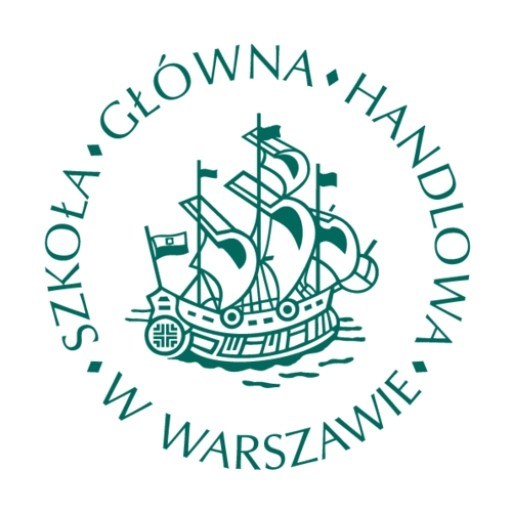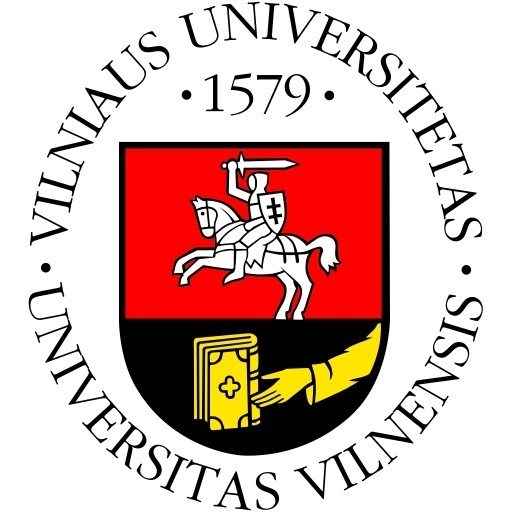Photos of university / #yeshiva_university
The Bachelor of Arts in Quantitative Economics at Yeshiva University offers students a comprehensive understanding of economic theories, quantitative methods, and analytical skills necessary to interpret and influence economic phenomena. This program combines rigorous coursework in microeconomics, macroeconomics, econometrics, and statistics with practical applications, preparing graduates for diverse careers in finance, consulting, government, research, and academia. Students will develop a strong foundation in mathematical modeling, data analysis, and computational techniques essential for solving complex economic problems in an increasingly data-driven world. The curriculum emphasizes critical thinking, quantitative reasoning, and ethical considerations, ensuring graduates are well-equipped to make informed decisions and contribute meaningfully to economic policy and business strategies. Interdisciplinary interactions with other fields such as finance, computer science, and public policy further enrich the educational experience. The program also provides opportunities for research, internships, and participation in seminars and conferences, fostering professional development and networking. Graduates of the Quantitative Economics program at Yeshiva University will be prepared for advanced study or entry into the workforce, demonstrating strong analytical capabilities and a solid understanding of economic principles. With its blend of theoretical knowledge and practical skills, the program aims to nurture innovative thinkers who can analyze economic data, develop predictive models, and assess the impact of economic policies, thereby contributing to the dynamic economic landscape locally and globally.
The MS in Quantitative Economics is an intensive 30-credit, 12-month program covering both the theory and practice of quantitative economics. You will receive rigorous training in micro, macro, and financial economics, obtaining broad knowledge of financial and corporate finance and their applications to the financial market. You will also be trained in statistical and computational aspects of economics, with applications to fields such as macro-labor economics, public finance, monetary policy, financial economics, and market design. Classes are kept small to foster personal interaction with faculty members, and to put you in contact with our department’s latest and most cutting-edge research. Econometrics classes are complemented with hands-on lab sessions.
Required Courses:
- Mathematics for Economists - Dr. Ran Shao; syllabus
- Mathematical Statistics - Pablo Crespo; syllabus
- Macroeconomics I - Dr. Omer Acigkoz; syllabus
- Microeconomics I - Ayse Yagli; syllabus
- Econometrics - Pablo Crespo; syllabus
- Microeconomics II - Dr. Gaetano Bloise; syllabus
- Macroeconomics II - Dr. James Kahn; syllabus
- Independent Study (internship or research paper)
- Two Electives (see options below)
Electives:
- Quantitative Macroeconomics - Dr. Omer Acikgoz ; syllabus
- Financial Economics - Dr. Alessandro Citanna; syllabus
- Corporate Financial Economics
- Market Design - Dr. Tadashi Hashimoto; syllabus
- Topics in Game Theory and Industrial Organization
- Monetary Economics
Program Schedule
Year 1 - Fall Semester
- Mathematics for Economists
- Mathematical Statistics
- Macroeconomics I
- Microeconomics I
Year 1 - Spring Semester
- Econometrics
- Microeconomics II
- Macroeconomics II
- Two Electives
Year 1 - Summer Semester
- Independent study: Students have the option to complete a 3-4 month research internship in a research laboratory or equivalent institution, or to complete a research paper under the supervision of a faculty member. Students who complete the internship must also submit a written report.
Year 2 - Fall Semester (optional semester at Universite Pantheon-Sorbonne in Paris, France)
Selected students can opt to skip electives in the spring semester, and instead, take two electives at Universite Pantheon-Sorbonne (Paris 1) in Paris, France. The MSc in Models and Methods in Quantitative Economics offers a variety of options for electives. See here for the program description, and see here for a list of first year courses. The program is housed at the Maison des Sciences Economiques, located in downtown Paris. This option is useful to those who want to continue their studies in a PhD program, to specialize in fields that are not covered by our electives, or to pursue a business career in Europe.
- Official undergraduate and/or graduate transcripts from any college(s) or universities you have attended. Unofficial transcripts may be submitted through the online application for initial review to start the admission process
- Bachelor's degree(s) with a minimum overall 3.3 GPA (4.0 GPA in quantitative coursework including: multivariate calculus or its equivalent, basic linear algebra, advanced calculus, real analysis, or equivalent) from an accredited institution, where all earned degree credits were received towards the degree
- Official GRE score results for verbal, quantitative and writing (no minimum score requirement) (MQE code: 0067)
- Official TOEFL score result is required for international applicants who have completed a bachelor's degree from an institution in a non-English-speaking country. (MQE code: 1698)
- Resume
- Personal Statement (a brief 2–5 pages) describing your goals in pursuing graduate study in economics at Yeshiva University
- Two professional and/or academic recommendation letters (can be requested through online application)
The financing studies for the Quantitative Economics program at Yeshiva University are designed to provide students with a comprehensive understanding of the financial aspects associated with economics and higher education. The program offers a variety of funding options to support students throughout their academic journey. Financial aid opportunities include merit-based scholarships, need-based grants, federal and state financial aid programs, and private scholarships. Applicants are encouraged to complete the Free Application for Federal Student Aid (FAFSA) to determine eligibility for federally funded aid programs. The university also offers institutional scholarships based on academic achievement, leadership, and community involvement. Additionally, students may explore part-time employment opportunities on campus through work-study programs, which allow them to earn money to offset educational expenses while gaining valuable work experience. The program's tuition fees are competitive within the region, and Yeshiva University provides transparent information regarding tuition, fees, and payment plans on its official website. Financial planning services are available for students to help develop personalized budgets and explore financing strategies. The university advocates for responsible borrowing and offers resources to educate students about managing student loans effectively. Furthermore, some courses within the Quantitative Economics program may be available online or in hybrid formats, which can sometimes reduce certain costs related to commuting and accommodation. International students are advised to investigate additional funding options and visa regulations related to financial requirements. Yeshiva University is committed to making higher education accessible and affordable by continuously expanding its financial aid programs and support services. Overall, prospective students should consult the university’s financial aid office for detailed information on available funding sources, application procedures, and deadlines to ensure a smooth financing process for the duration of their studies in Quantitative Economics.
The Quantitative Economics program at Yeshiva University offers students a comprehensive curriculum designed to develop strong analytical and quantitative skills essential for understanding economic theories and applications. The program emphasizes mathematical modeling, statistical analysis, and economic theory, preparing graduates for careers in finance, data analysis, policy analysis, and further academic pursuits. Students engage with core courses in microeconomics, macroeconomics, econometrics, and mathematical methods, providing a solid foundation in both theoretical and applied aspects of economics. The program also offers specialized electives such as financial economics, international economics, and public policy, allowing students to tailor their education to specific interests. Through a combination of lectures, problem-solving sessions, and research projects, students gain hands-on experience in quantitative techniques and economic analysis. The faculty comprises experienced professors and industry professionals who foster an engaging learning environment and encourage critical thinking. The university supports students with modern facilities, computational resources, and opportunities for internships and research collaborations with industry and government agencies. Graduates of the Quantitative Economics program are well-equipped to pursue advanced degrees or enter competitive job markets in finance, consulting, government, and academia. The program emphasizes critical thinking, data-driven decision-making, and ethical considerations in economic analysis, ensuring students are prepared to contribute meaningfully to their fields. Yeshiva University's strong community, diverse student body, and commitment to excellence in education make it an ideal place to study quantitative economics. The curriculum is regularly updated to reflect recent developments in the field and to meet the evolving needs of employers. Overall, the Quantitative Economics program at Yeshiva University aims to produce knowledgeable, skilled, and responsible economists who can analyze complex economic issues and develop innovative solutions.










